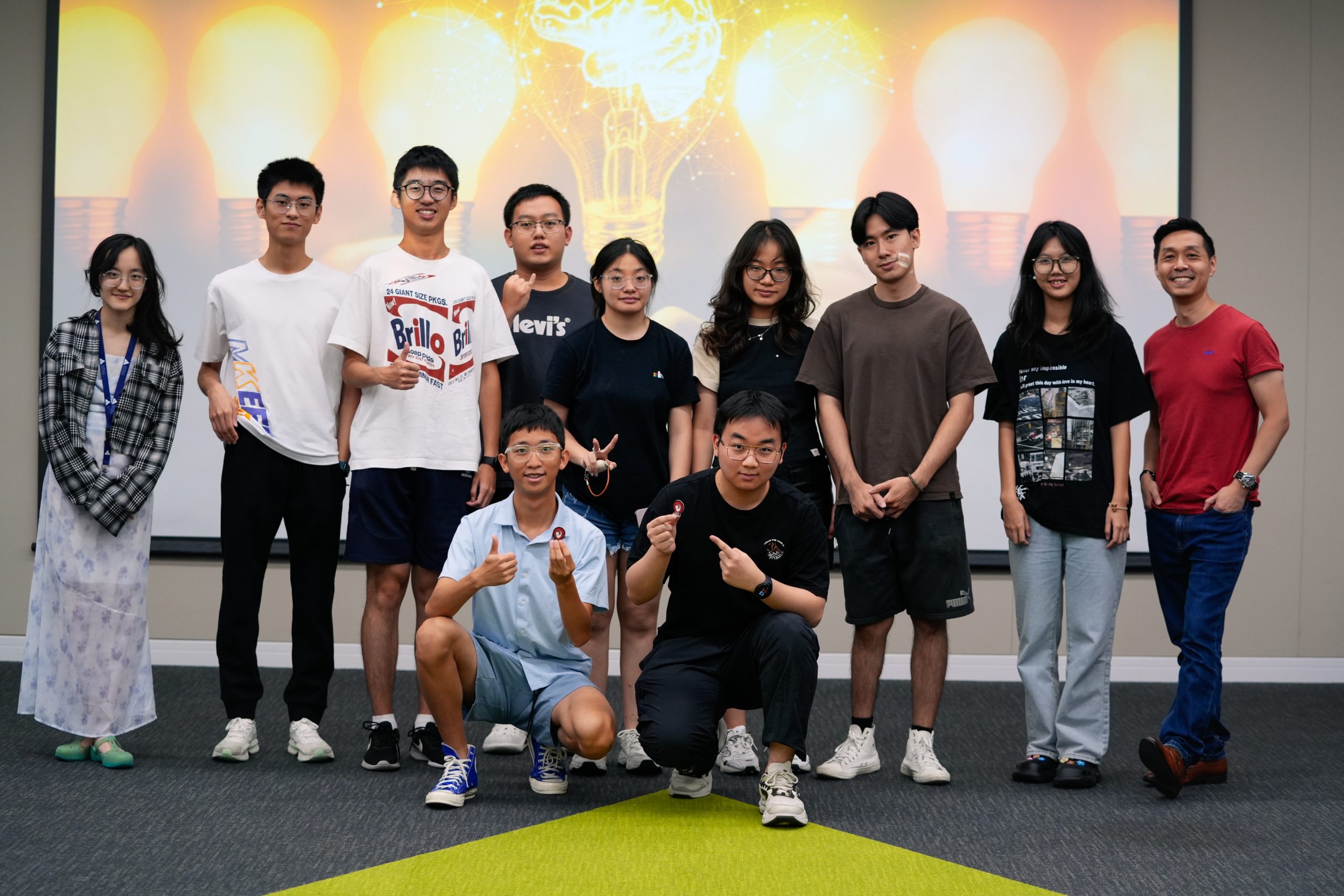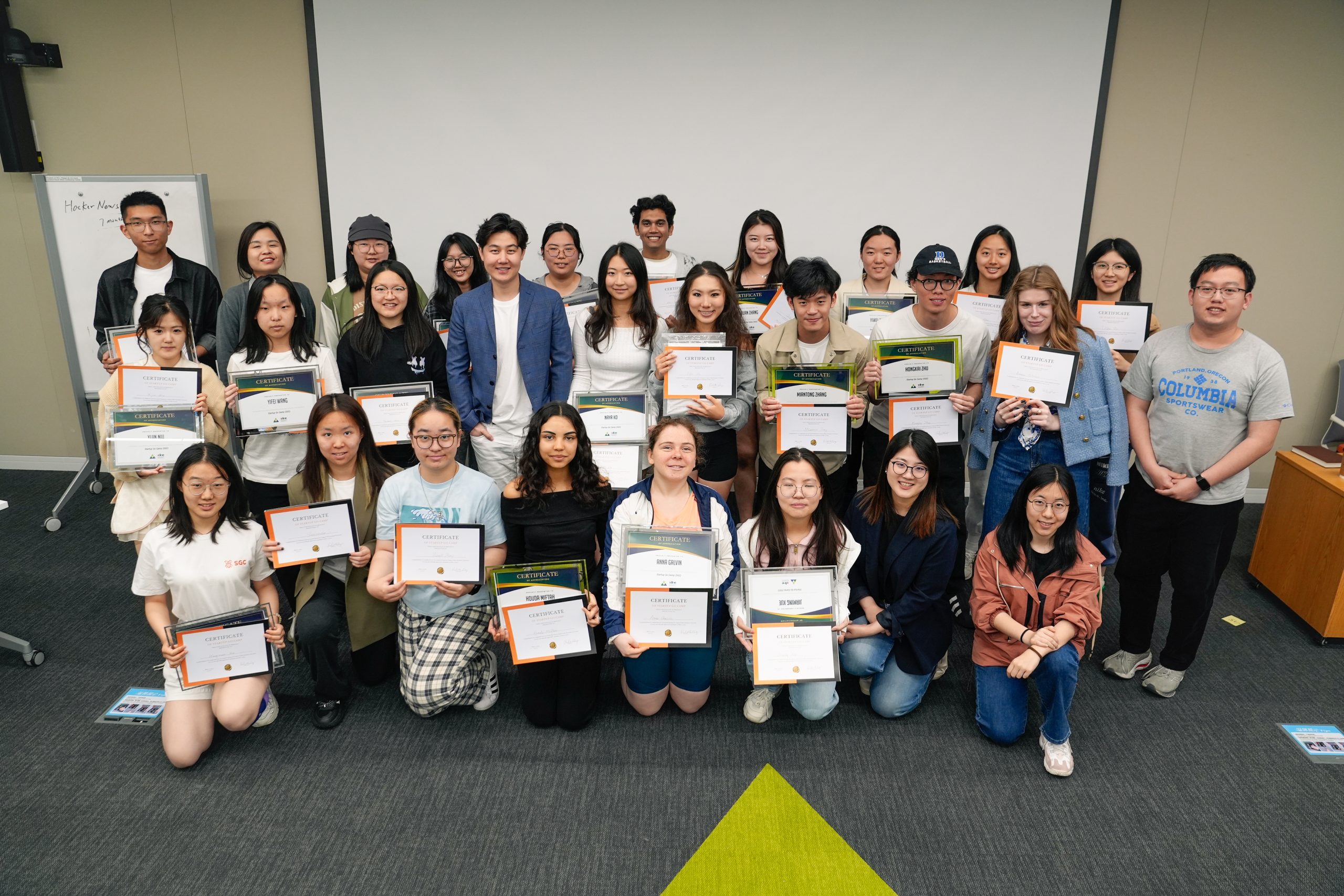In an increasingly systemized world, individuals are often shaped—sometimes constrained—by platforms, institutions, and external logics that prioritize efficiency, optimization, and standardization. While these systems promise convenience and progress, they can also reduce people to roles, data points, or passive recipients of decisions made elsewhere.
This challenge invites students to recenter innovation around human dignity – the fundamental right of individuals to be recognized as thinking, choosing, and acting beings.
Rather than replacing human judgment, impactful innovation should strengthen people’s ability to understand their situations, make informed decisions, and take responsibility for their actions—especially for those whose voices and choices are often marginalized or constrained.
Winning projects will gain direct access to the 2026 (Dachuang) College Student Innovation and Entrepreneurship training Program Cohort II under the DKU Innovation Incubator (Dii), with funding up to 20,000 RMB and tailored mentorship for high-potential ventures. Open to all enrolled DKU students, this initiative supports interdisciplinary teams aiming to turn unpredictable conditions into strategic advantages.














